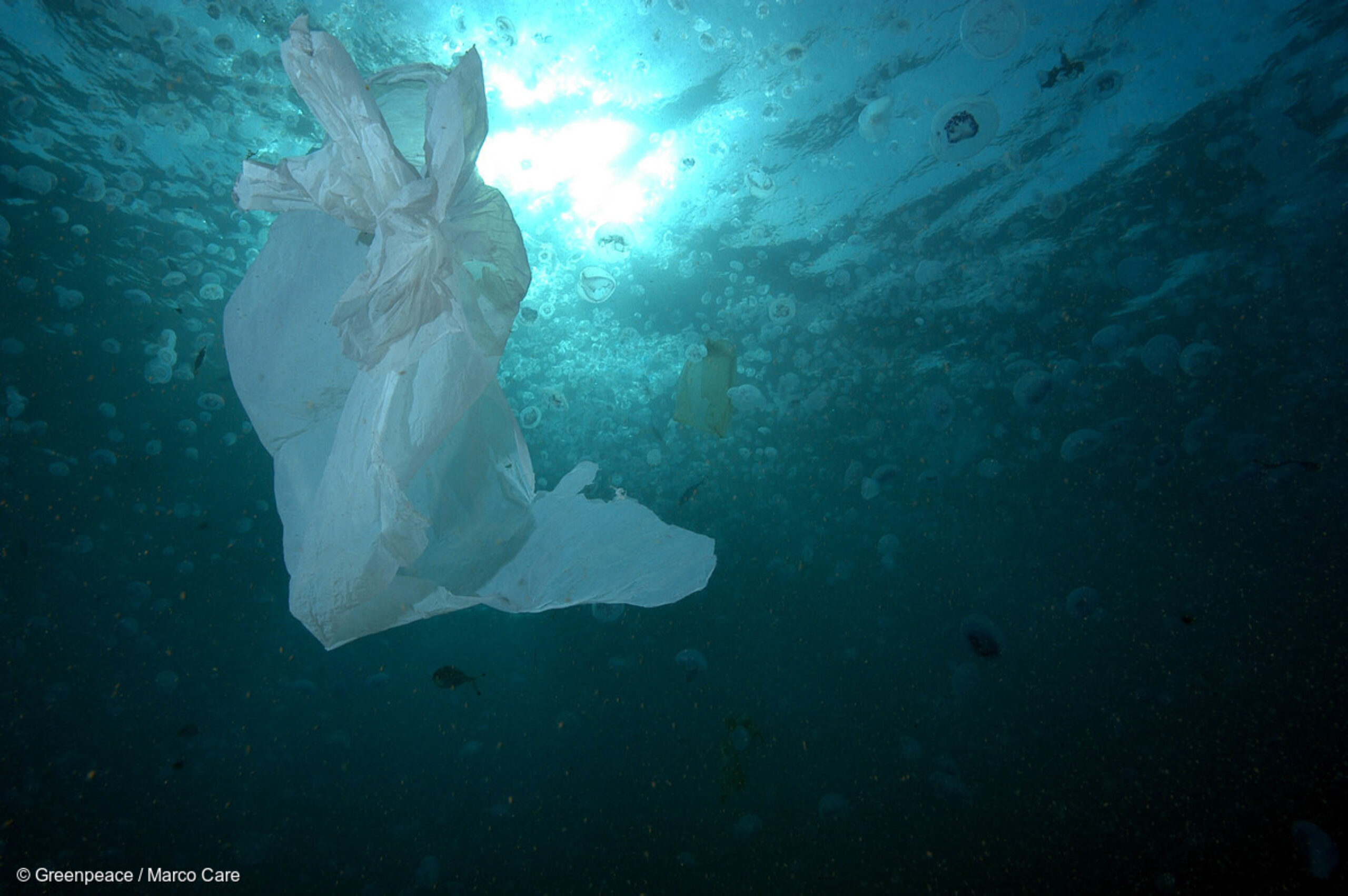
On Monday night, Hugh Fearnley-Whittingstall sat down with the Environment Secretary Michael Gove to quiz him about the scale and nature of our plastic pollution crisis. Hugh is doing such a brilliant job in raising this issue, so we thought we’d provide a handy list of things Michael Gove should do as soon as possible to win the War on Plastic:
Set targets in law to radically reduce the amount of plastic we make and use in the upcoming Environment Bill
We know that if we’re serious about dealing with climate and environmental breakdown, we need to make a bold switch away from being a society where things are used once and thrown away to one where we value everything we make. With plastic, this will require businesses to transform the way they get products to you – making far more things reusable, refillable or simply not using any packaging at all. We can’t rely on voluntary commitments to make this happen, as businesses have a bit of a habit of making them then breaking them. So the only way we’re going to make the switch happen, we think, is to set targets for year-on-year reduction of the amount of plastic that we make and use. The upcoming Environment Bill, which the government is intending to use to ‘leave the environment in a better state than when they found it’, is a perfect opportunity for Gove and this government to keep their word.
Publicly acknowledge that recycling alone isn’t enough, and that reduction is the only way forward
To their credit, the government recently responded to pressure from people like you, and consulted on a few different measures that they’re planning to introduce to reduce plastic pollution in our oceans. They’re all great ideas which could have a big impact, from a deposit return scheme for drinks containers, to increasing the amount producers pay to clean up their packaging waste. But currently, the government is focused solely on making the plastic we use more recyclable, and not thinking at all about how we use less of it. Given plastic production is set to quadruple by 2050 and plastic as a material can only be recycled a limited number of times before it can no longer be used this clearly isn’t good enough.
Make producers pay the full cost of cleaning up the plastic they make, including the environmental damage done by making the plastic in the first place
One of the biggest reasons why we see so much of our packaging dumped in other countries is because, unlike in lots of other European countries, companies that make and use packaging in the UK aren’t held fully financially responsible for making sure it gets recycled properly. Instead, that cost is currently falling on overstretched councils, paid for by you and me. That means companies can keep making the kind of hard-to-recycle or composite plastic packaging that Hugh was finding (and Greenpeace Unearthed exposed) all over the waste dumps in Malaysia.
Government is currently consulting on changing this system significantly, including stopping it being cheaper to export waste, which is great, but their proposal only goes halfway. Not only should companies that use lots of packaging (retailers, manufacturers etc.) be charged the full cost of collecting and sorting the waste they make, but the government should ensure that they cover the cost of all the environmental damage that making plastic packaging causes – from the microplastic ‘nurdles’ that are used to make plastic items that leak into our seas and rivers, to the fossil fuel and air pollution impacts of plastic factories. Without this, nothing will drive them to improve their habits.
Commit to phasing down the exporting, burning or dumping of our plastic waste as soon as possible
Hugh’s War on Plastic has made it clear that we cannot keep dumping our mess on other countries. Not only does the government need to come up with a plan for phasing down the practice of exporting plastic waste for good, but we also need to make sure that we’re capable of dealing with it ourselves. As we’ve said, the best way to do that is through making and using less stuff, but we also need to make sure that we have the recycling infrastructure in this country to deal with what we do make in the short term. We also can’t let the government dodge the problem by sending our waste to incinerators that cough up greenhouse gases and pollute our air.
